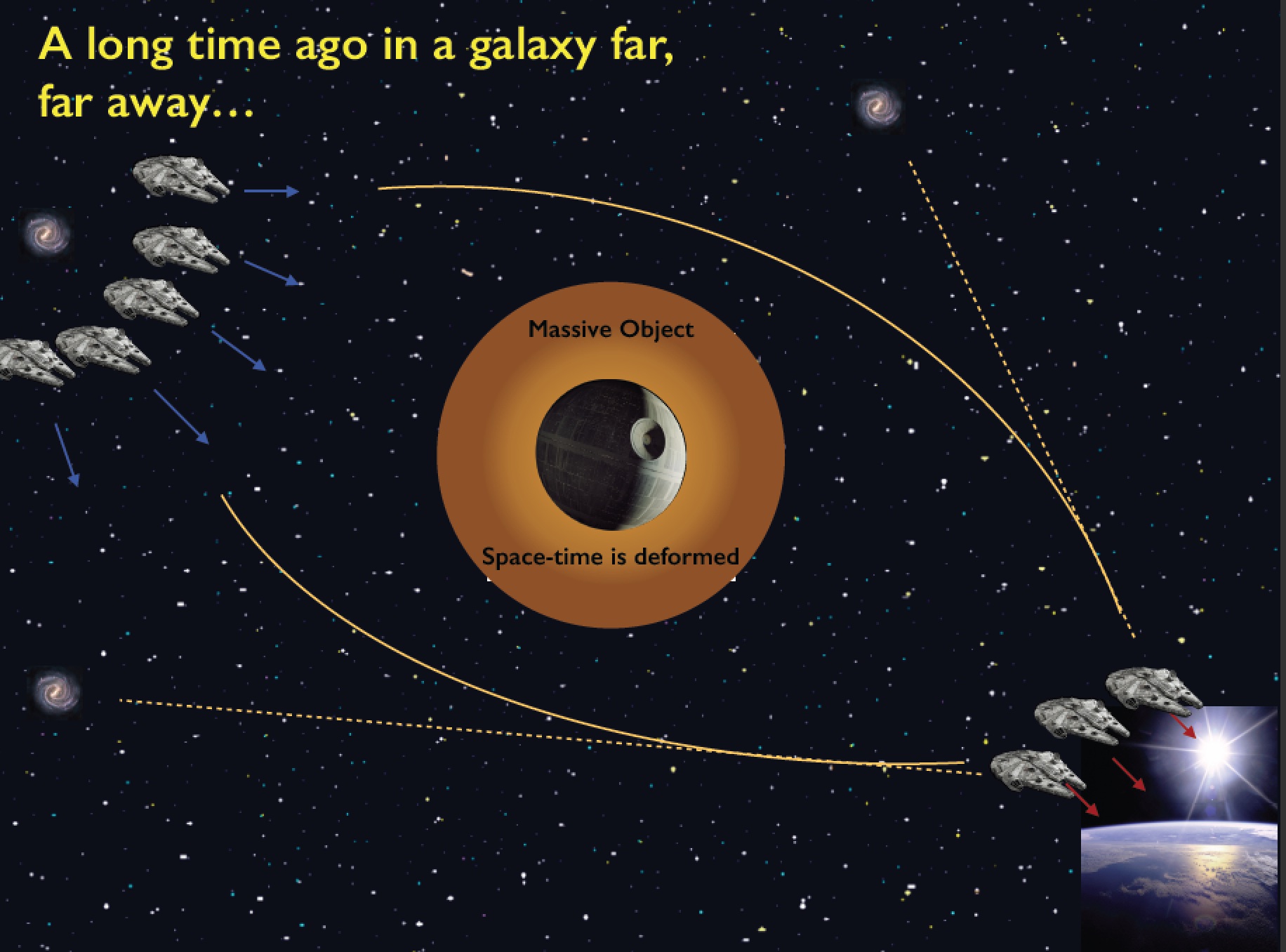I was born and raised in Lisbon, Portugal’s capital, where I completed my physics degree at Instituto Superior Técnico. When the time to do my master thesis arrived, I had the amazing opportunity to work with Myriam Rodrigues, an ESO fellow in Chile, in her project which aimed to understand how much we can know about the stars that make up a galaxy by analysing its total spectrum. It was the first time that I had the change to study galaxies and I was in love with it at once. I even got the chance to stay a few days at the Very Large Telescope, learning about its instruments and about the work of observers. By the end of my Master, I had decided that the coolest job in the world was to observe galaxies and study their evolution. So I found the perfect place to do it here in Lyon, within the CALENDS team: I’ll be looking into very distant galaxies, whose details can only be disentangled thanks to magnification caused by gravitational lensing, and try to place them in the big picture of galaxy evolution.
During my PhD I will analyse several arcs – galaxies that we see very magnified but also very stretched due to distortion introduced by the lensing, and try to figure out what stars compose them, what chemical elements are there and how are their stars and gas moving. To do so, I will mainly use MUSE data, which offers us a unique combination of spectral and spatial analysis, perfect (also!) for this kind of study.
- Congres de doctorants
On October 23, PhD students both from the Observatoire de Lyon got together to present their work at the 4th ‘Congrès des Doctorants’ (http://doctoraleslyon4.sciencesconf.org). The congress was split into four sessions, that spanned topics from paleoenvironments to mantle convection, and was open to master students, university professors and researchers. I gave a talk in the ‘Star Wars’ session, cheered up by CALENDerS & Friends, to present my recent work on a galaxy at redshift 3.5 lensed by the SMACS2031 cluster. In the time let for questions, we learned that seismology uses very similar principles to lensing to study the mantle though seismic sound waves, just like we do with light waves!

